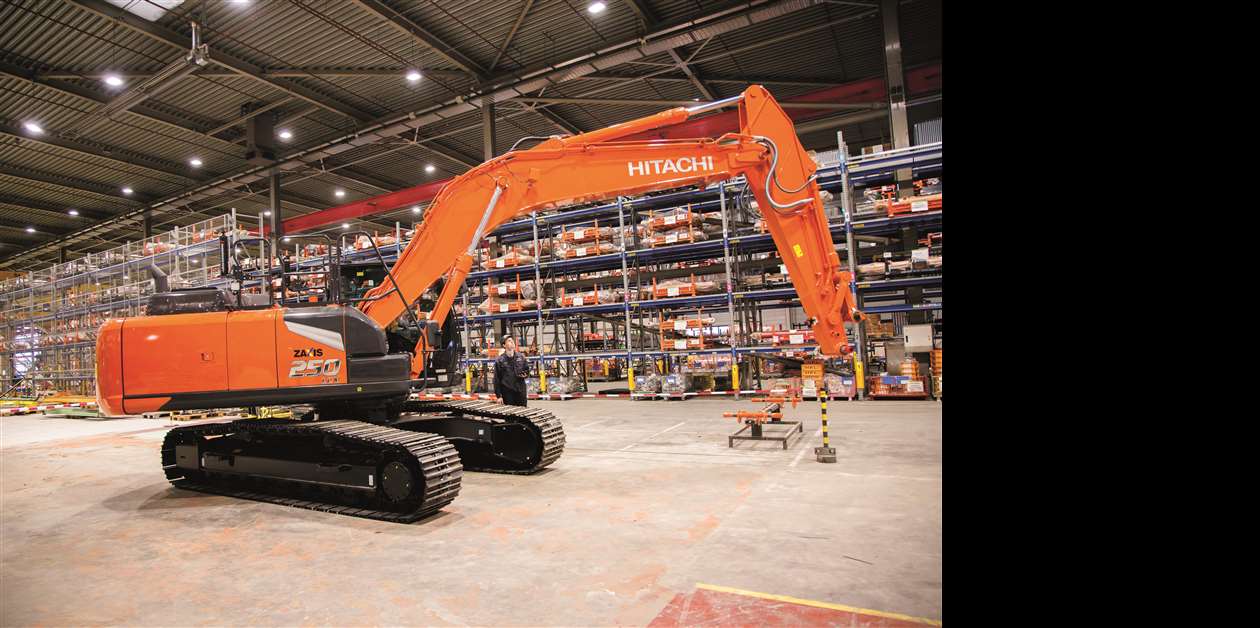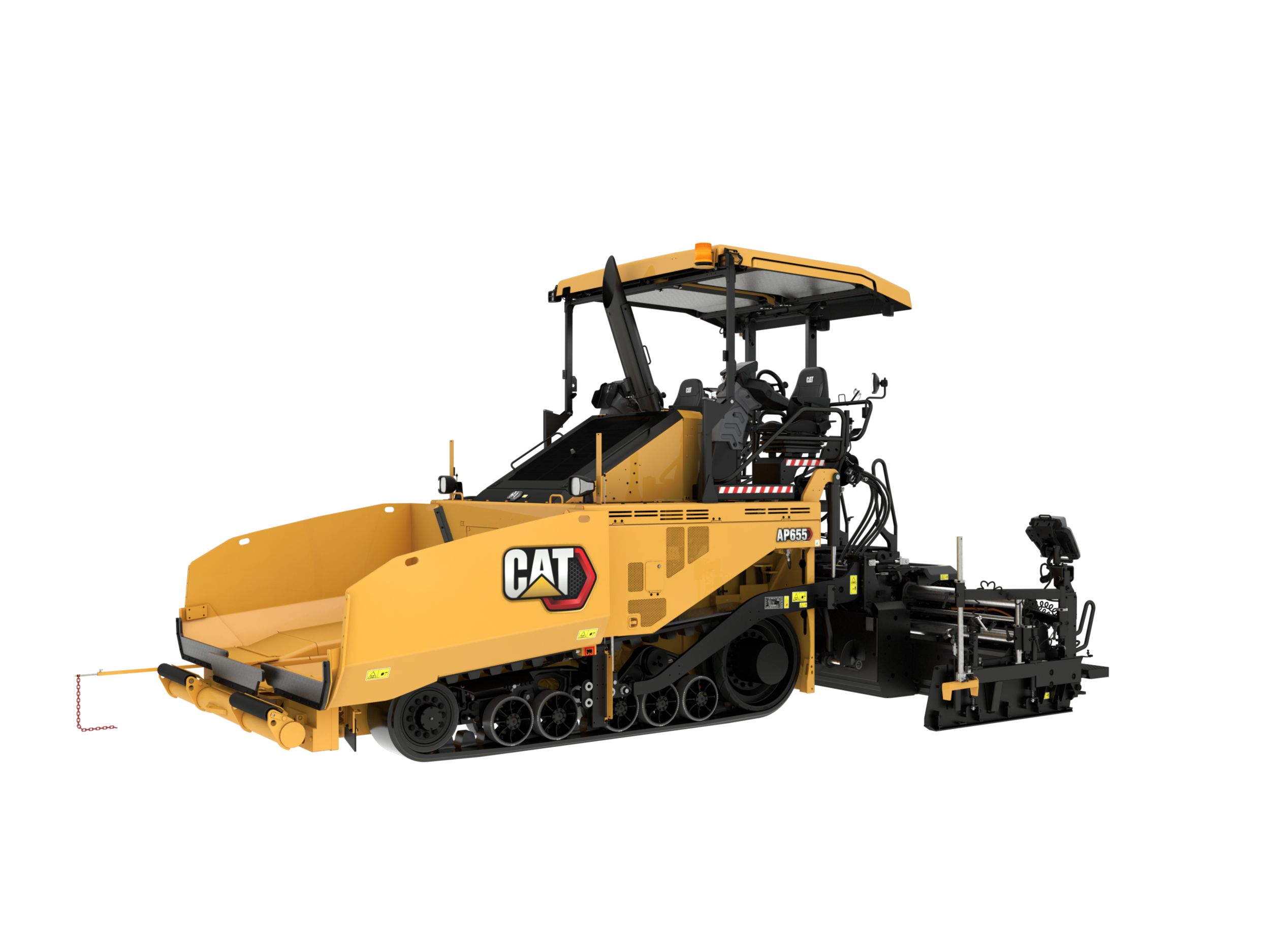Rental Company in Tuscaloosa, AL: Top-Quality Equipment for every single Job
Rental Company in Tuscaloosa, AL: Top-Quality Equipment for every single Job
Blog Article
Checking Out the Financial Perks of Leasing Building Devices Contrasted to Owning It Long-Term
The choice between possessing and leasing building devices is pivotal for financial management in the sector. Renting deals instant expense savings and functional flexibility, enabling companies to allot sources much more effectively. Understanding these nuances is necessary, especially when thinking about exactly how they line up with particular task requirements and monetary techniques.

Expense Contrast: Leasing Vs. Possessing
When evaluating the financial ramifications of owning versus leasing building tools, a comprehensive cost comparison is necessary for making notified choices. The option in between renting out and having can dramatically impact a business's profits, and recognizing the connected expenses is crucial.
Renting out building and construction devices usually involves lower upfront expenses, enabling services to allocate funding to other operational needs. Rental agreements frequently include flexible terms, making it possible for business to gain access to progressed equipment without lasting dedications. This adaptability can be especially useful for temporary jobs or changing workloads. Nonetheless, rental prices can gather in time, potentially exceeding the expense of ownership if equipment is required for an extended period.
Alternatively, possessing construction equipment calls for a considerable preliminary financial investment, in addition to recurring costs such as devaluation, insurance, and financing. While ownership can lead to long-lasting savings, it also locks up funding and might not offer the very same level of adaptability as leasing. Additionally, possessing equipment requires a dedication to its utilization, which may not constantly align with task needs.
Ultimately, the decision to have or rent out needs to be based on a detailed analysis of details job requirements, financial ability, and long-lasting critical goals.

Maintenance Responsibilities and expenses
The option in between having and renting construction devices not only involves financial considerations but additionally encompasses ongoing upkeep expenses and responsibilities. Having devices requires a substantial dedication to its maintenance, which consists of regular inspections, repairs, and prospective upgrades. These obligations can promptly collect, bring about unforeseen prices that can stress a budget.
On the other hand, when renting tools, maintenance is generally the obligation of the rental firm. This arrangement enables service providers to avoid the financial concern connected with wear and tear, as well as the logistical difficulties of scheduling fixings. Rental contracts frequently include provisions for upkeep, meaning that contractors can concentrate on completing tasks instead than fretting about equipment problem.
Additionally, the diverse series of devices offered for lease allows companies to pick the most up to date models with innovative modern technology, which can boost performance and efficiency - scissor lift rental in Tuscaloosa, AL. By selecting rentals, businesses can prevent the long-lasting obligation of equipment depreciation and the connected upkeep headaches. Eventually, reviewing maintenance expenditures and responsibilities is crucial for making an informed choice regarding whether to lease or have building and construction equipment, dramatically influencing general job expenses and operational performance

Depreciation Influence on Possession

A considerable aspect to consider in the decision to have building and construction tools is the influence of depreciation on total possession costs. Devaluation represents the decrease in worth of the devices in time, influenced by variables such as use, wear and tear, and developments in modern technology. As devices ages, its market worth lessens, which can considerably impact the proprietor's economic setting when it comes time to trade the equipment or sell.
For building business, this depreciation can convert to considerable losses if the equipment is not utilized to its fullest capacity or if it lapses. Proprietors have to account for depreciation in their financial projections, which can lead to higher total prices compared to leasing. In addition, the tax ramifications of depreciation can be complicated; while it might provide some tax obligation benefits, these are often countered by the reality of minimized resale value.
Ultimately, the concern of depreciation highlights the significance of recognizing the long-lasting monetary commitment involved in possessing building tools. Companies must meticulously review how go now often they will utilize the devices and the prospective financial effect of depreciation to make an educated decision about possession versus renting out.
Monetary Adaptability of Renting Out
Renting construction devices supplies substantial economic adaptability, permitting business to allocate resources a lot more efficiently. This adaptability is particularly important in an industry characterized by fluctuating job demands and differing work. By opting to lease, companies can avoid the considerable capital investment required for acquiring tools, preserving money flow for other functional requirements.
Additionally, leasing devices enables business to tailor their tools selections to certain task demands without the long-lasting commitment related to ownership. This means that companies can conveniently scale their equipment stock up or down based on awaited and current job needs. Subsequently, this versatility reduces the risk of over-investment in machinery that may become underutilized or out-of-date gradually.
One more monetary benefit of renting out is the capacity for tax obligation advantages. Rental settlements are often taken into consideration operating budget, enabling for prompt tax obligation deductions, unlike devaluation on owned and operated tools, which is spread over a number of years. scissor lift rental in Tuscaloosa, AL. This instant expense recognition can better boost a firm's cash placement
Long-Term Task Factors To Consider
When assessing the long-term needs of a construction company, the choice between possessing and leasing tools comes to be a lot more intricate. Trick aspects to think about include job duration, frequency of use, and the nature of upcoming jobs. For projects with prolonged timelines, acquiring tools may seem beneficial due to the possibility for lower general expenses. Nonetheless, if the equipment will not be used constantly throughout projects, having may bring about underutilization and unnecessary expense on upkeep, insurance policy, and storage.
The construction industry is advancing swiftly, with brand-new devices offering boosted performance and security functions. This flexibility is particularly valuable for companies that take care of diverse projects calling for different kinds of equipment.
Additionally, economic stability plays a critical function. Possessing equipment often entails significant capital expense and depreciation concerns, while leasing allows for even more predictable budgeting and cash money circulation. Inevitably, the choice in between leasing and possessing ought to be aligned with the tactical goals of the building and construction organization, taking right into account both anticipated and existing project needs.
Verdict
In verdict, renting building and construction equipment offers significant financial advantages over long-term possession. Eventually, the choice to rent rather than own aligns with the vibrant nature of construction projects, allowing for adaptability and access to the most recent equipment Recommended Site without the economic problems associated with ownership.
As tools ages, its market worth lessens, which can dramatically impact the proprietor's economic setting when it comes time to sell or trade the equipment.
Leasing construction tools uses significant economic flexibility, enabling firms to allot resources a lot more effectively.Additionally, leasing tools makes it possible for business to tailor their equipment options find out this here to specific job demands without the lasting dedication linked with ownership.In verdict, leasing construction equipment supplies considerable economic advantages over long-term possession. Inevitably, the decision to lease instead than very own aligns with the dynamic nature of construction projects, enabling for versatility and accessibility to the most recent equipment without the monetary concerns associated with possession.
Report this page